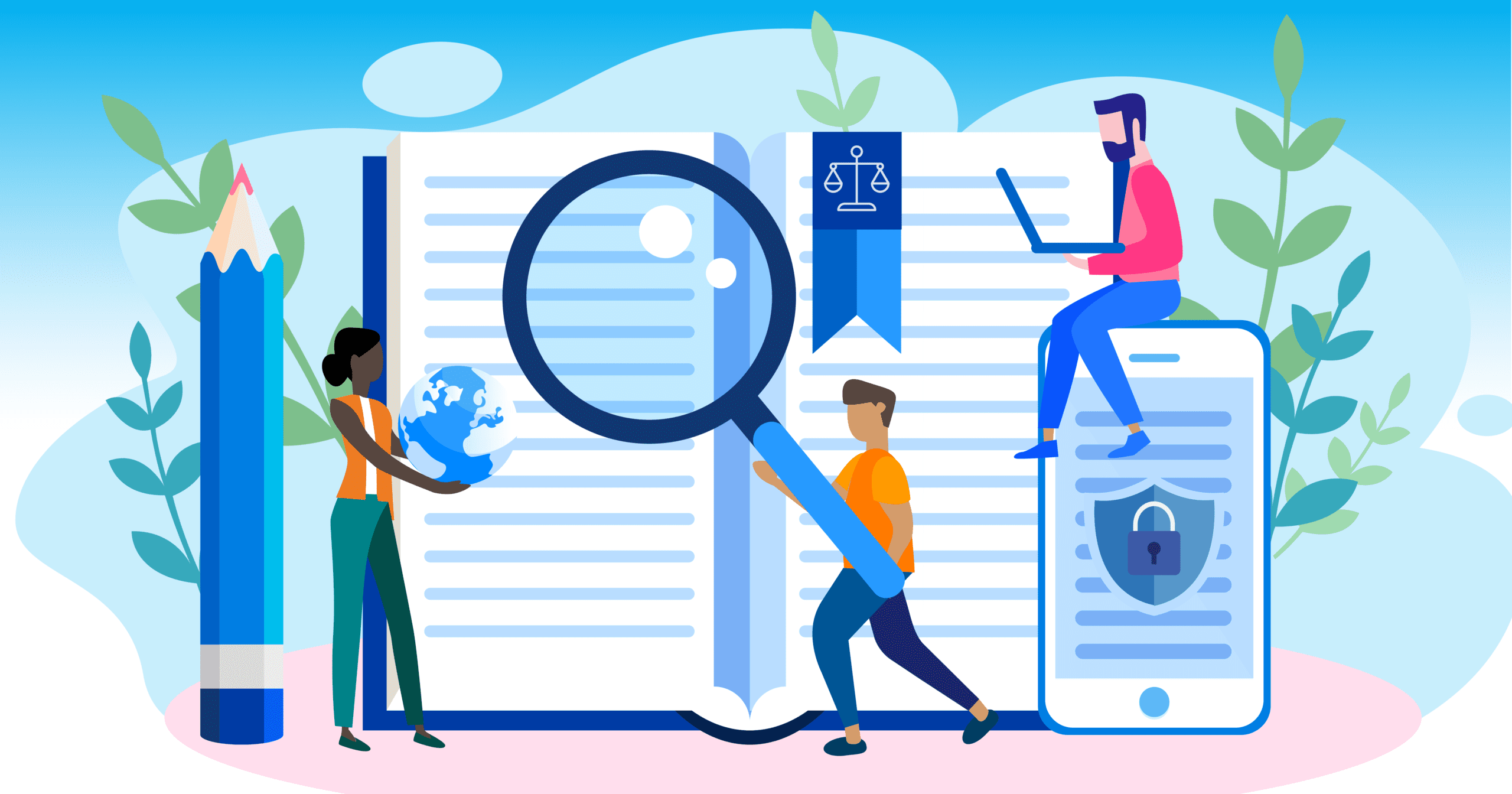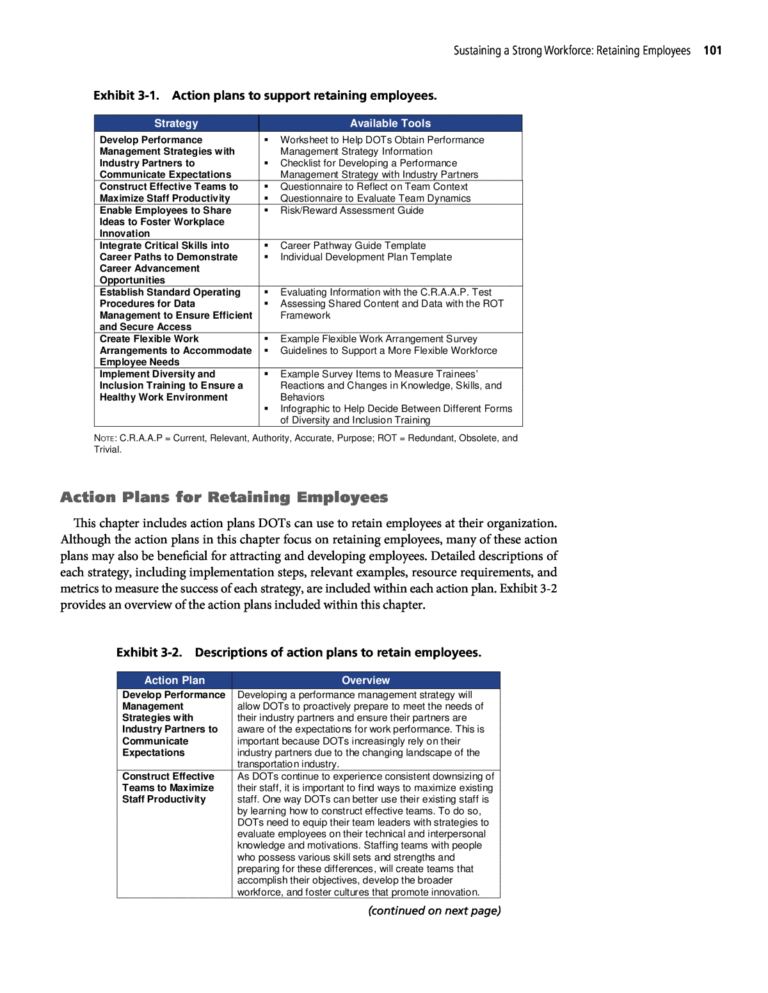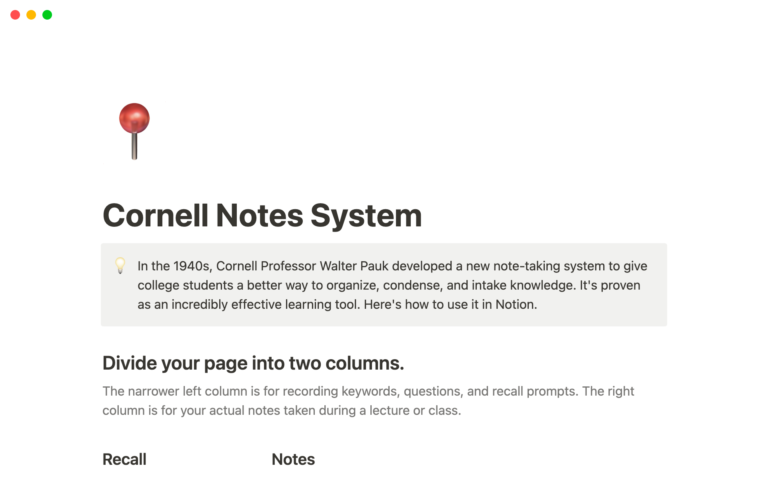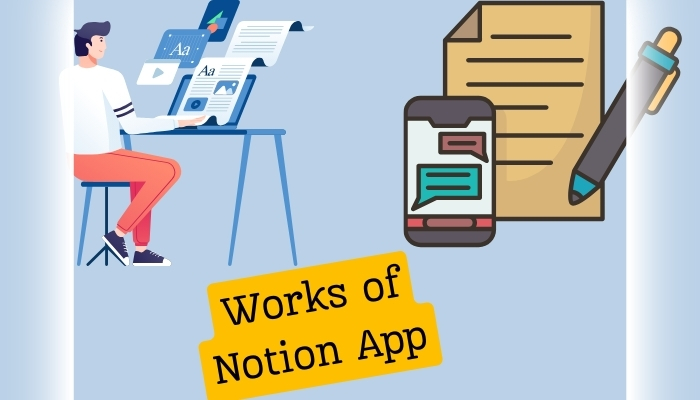The ethical considerations of using a centralized platform like Notion involve data privacy and reliance on a single provider. Users should evaluate how their personal information is managed and protected.
Managing personal data and information has become increasingly streamlined with platforms like Notion, enhancing productivity through its all-in-one workspace. Notion’s centralized system allows users to create notes, manage tasks, and organize projects in one place, but this convenience brings ethical questions to the forefront.
As users entrust their sensitive information to the platform, they must consider the security measures in place to protect their data from breaches and misuse. The reliance on one provider also raises concerns around data ownership, potential lock-in effects, and what happens to their data if the service discontinues or changes its policies. Trusting a single entity with vast amounts of personal data mandates a thorough understanding of their privacy policies and data handling ethics.
Introduction To Ethical Dilemmas In Data Management
In the digital age, personal data has become a valuable asset. Managing this data poses ethical questions that can’t be ignored. Not only does data management require careful attention to privacy and security, but it also involves trust. As centralized platforms like Notion become go-to solutions for organizing information, understanding the ethical considerations of their use is crucial.
Notion’s Growing Role In Managing Data
Notion has quickly become a hub for notes, tasks, and databases. Its flexible structure allows users to create a personalized system. But, with great power comes great responsibility. The ethical implications of its usage for managing sensitive information, like contacts and project plans, need a closer look.
The Sensitivity Of Ethical Considerations
When a single platform like Notion holds vast amounts of personal data, ethical sensitivity becomes paramount. Users need to trust that their information is private, secure, and used appropriately. Any breach of this trust could cause not just inconvenience but real harm to the data’s owner. Navigating these ethical waters requires transparency and a strong commitment to user rights.
- Privacy: How does Notion protect user data?
- Security: What measures are in place against data breaches?
- Ownership: Who owns the data once it’s uploaded?

Credit: www.sciencedirect.com
Privacy Concerns With Notion
When considering tools for managing personal data, privacy is a critical factor. Notion, a popular centralized platform, offers a suite of features for information management. Nevertheless, this convenience raises questions about how it handles user privacy. Users should understand potential privacy implications.
User Data Collection Practices
Like many digital platforms, Notion collects user data. The types of data gathered range from basic account details to how users interact with the app. This data helps Notion improve its services. It’s vital to scrutinize what data is collected and for what purposes.
- Account Information: Email, username, and password.
- Usage Data: Pages you visit and how you use features.
- Device Information: Your device’s IP address, browser, and operating system.
Data Sharing With Third Parties
Data sharing policies can affect user privacy significantly. Notion may share information with third-party service providers. These providers support Notion’s operations. They could help with hosting, maintenance, or analytics. Users should be aware of who these third parties are and what data they access.
| Third Party | Type of Service | Data Accessed |
|---|---|---|
| Cloud Hosting Services | Storage | User data and content |
| Analytics Providers | Insights | Usage patterns |
Notion takes steps to protect user data. But these practices often reflect a balance between offering robust services and maintaining privacy. Users must decide if these policies align with their personal privacy expectations.
Security Risks In A Digital Workspace
In the landscape of personal data and information management, centralized platforms like Notion offer streamlined organization and accessibility. But with the growing integration of these platforms into our daily routines, we must also consider the security risks involved. The ethical use of these digital workspaces not only involves how data is managed but also how it is protected. This section delves into the vulnerabilities of Notion’s platform and the implications of potential data breaches.
Vulnerabilities In Notion’s Platform
Notion, as a centralized platform, might encounter specific vulnerabilities inherent to such digital workspaces. These can include:
- Software Bugs: Code errors that can open doors for hackers.
- Third-party Integrations: Connections with other services that might be less secure.
- Phishing Attempts: Fake emails or links aiming to steal login details.
Regular updates and security patches are crucial to defend against these vulnerabilities. Users are encouraged to activate two-factor authentication and avoid sharing sensitive data.
Implications Of Data Breaches
Data breaches can have a serious impact on users:
- Personal Information Exposure: Private details could become public.
- Financial Loss: Stolen data might lead to financial theft.
- Trust Issues: Confidence in the platform could plummet.
Users must understand the potential outcomes of data breaches. Notion’s responsibility is to ensure robust security. Still, users should implement their own measures, like regular password changes and reviewing access logs, to safeguard their information.
The Impacts On User Trust And Transparency
The Impacts on User Trust and Transparency revolve around how a platform handles personal data. Centralized platforms like Notion have become hubs for personal and professional information management. Trust and transparency are the cornerstones of any service that handles personal data. Users need assurance that their information is safe and managed ethically.
Notion’s Policy On Data Ownership
Understanding who owns the data on a platform is critical. Notion asserts that users maintain ownership of their content. This means the information you upload remains yours. The platform’s policy should:
- Clarify rights over your content
- Outline conditions for data handling
- Ensure users’ control over their data
Transparency In Managing And Processing Data
How Notion manages and processes data can impact user trust significantly. Notion commits to being open about its data practices. This includes:
- Providing clear terms of service
- Explaining data usage intentions
- Offering insight into data processing methods
Transparency reinforces trust and fosters a positive user experience.
Balancing Productivity With Ethical Practices
Productivity tools like Notion streamline our lives. They let us organize work and personal info in one place. But, we must balance productivity with ethical practices. When using these platforms, we should think about our personal data. How safe is it?
Equilibrium Between Functionality And User Rights
We love tools that make life easier. Notion does just that. But it also holds a lot of our info. We must check that our rights stay safe while we use it. Let’s talk about finding a balance.
- Data privacy – Check the site’s privacy policy. Can others see your info?
- User control – Make sure you can delete or move your info anytime.
- Transparency – The tool should tell you how your data gets used.
Notion’s Response To Ethical Concerns
How does Notion keep user data safe? They have rules and systems for privacy. Notion promises to protect your data. Let’s see what they do.
| Feature | Benefit |
|---|---|
| Encryption | Keeps your data hidden from others |
| Security protocols | Block hackers from getting in |
| User guidelines | Teach you to stay safe online |
The platform updates these to stay on top of safety. Notion listens to user concerns and works to make things better.

Credit: studentprivacycompass.org
Future Of Ethical Data Management In Notion
Focusing on the future of ethical data management, Notion stands at the forefront of a crucial conversation. Personal data and information management touch upon sensitive grounds. Notion aims to build trust by upholding ethical standards. As users rely heavily on centralized platforms, understanding how their data is managed and protected is paramount. In this context, Notion embraces changes and strives to ensure that its practices remain ethical and user-centric.
Evolving Legal Frameworks And Their Impact
Legal landscapes around personal data protection are ever-changing. These changes impact how companies like Notion manage user data. Globally, regulations such as the GDPR and CCPA dictate strict adherence to privacy and data security. Users expect Notion to keep pace with these evolving frameworks and continuously safeguard their personal data.
- Data Portability: Users can move their data seamlessly.
- Consent Requirements: Users have control over their data.
- Transparency: Clear policies promote trust.
Notion’s Roadmap For Ethical Data Stewardship
Notion’s commitment to ethical data management is unwavering. The roadmap details steps for advanced data protection and transparent practices.
Upcoming features may include:
| Feature | Purpose |
|---|---|
| User-accessible logs | Track and review data interactions. |
| Enhanced encryption | Secure data at rest and in transit. |
| Automated privacy audits | Ensure ongoing compliance. |
By focusing on such features, Notion plans to set a benchmark for responsible data handling. These efforts are designed to not just respond to regulatory pressures but to exceed user expectations for privacy and control.

Credit: www.semanticscholar.org
Frequently Asked Questions Of What Are The Ethical Considerations Of Using A Centralized Platform Like Notion For Personal Data And Information Management?
What Are The Ethical Considerations Of Data Analytics?
Data analytics ethics involve ensuring privacy, obtaining informed consent, maintaining data accuracy, avoiding bias, and transparently reporting insights. It’s crucial to respect individuals’ rights and data confidentiality during the analytical process.
What Are The Different Ethical Considerations Of Using Databases?
Ethical considerations in using databases include respecting user privacy, ensuring data accuracy, and obtaining informed consent. It’s essential to prevent unauthorized access and uphold data security while maintaining transparency regarding data usage practices.
What Are The Ethical Principles Of Data Management?
The ethical principles of data management include respecting privacy, ensuring accuracy, maintaining confidentiality, adhering to legal compliance, and promoting data integrity.
What Are The Ethical Concerns Associated With Information Privacy?
Ethical concerns with information privacy include data breaches, misuse of personal information, and lack of consent. There’s also the challenge of balancing data utility with individuals’ rights to privacy. Unauthorised surveillance and profiling represent significant ethical issues.
Conclusion
Navigating the landscape of personal data management requires thoughtfulness and care. Ethical considerations around centralized platforms like Notion are paramount. Users must weigh privacy, control, and data ownership before committing to these services. As digital citizens, making informed choices empowers us to handle our information responsibly and with full awareness of the potential implications.




